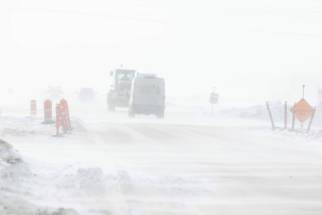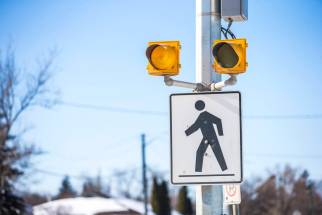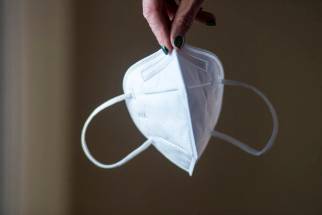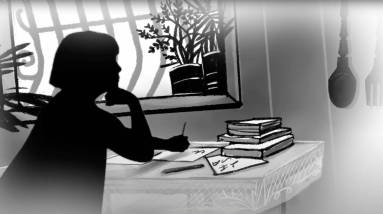Demonizing public health measures drives stake into public trust
Read this article for free:
or
Already have an account? Log in here »
To continue reading, please subscribe:
Monthly Digital Subscription
$1 per week for 24 weeks*
- Enjoy unlimited reading on winnipegfreepress.com
- Read the E-Edition, our digital replica newspaper
- Access News Break, our award-winning app
- Play interactive puzzles
*Billed as $4 plus GST every four weeks. Offer only available to new and qualified returning subscribers. Cancel any time.
Read unlimited articles for free today:
or
Already have an account? Log in here »
Hey there, time traveller!
This article was published 08/03/2022 (1060 days ago), so information in it may no longer be current.
Manitoba epidemiologist Souradet Shaw caught my attention via Twitter this week.
Shaw, an assistant professor at the University of Manitoba and Canada Research Chair in program science and global public health, is one of several local infectious disease experts who regularly share their knowledge and insight about COVID-19 on social media.
Along with interviews in traditional media, Shaw and Manitoba experts such as Jason Kindrachuk, a U of M virologist, have provided the public with important independent analysis of the SARS-CoV-2 virus and the measures used to combat it.
As COVID-19 infections and hospitalizations continue to decline, there is still debate about whether governments, including the Manitoba government led by Premier Heather Stefanson, have moved too quickly to eliminate all public health measures, including the mask mandate set to expire March 15.
However, if infections and hospitalizations continue to drop, maybe it was the right call after all, Shaw wrote this week.
“Perhaps the decision to lift all restrictions by March 15 was the right one, and do-nothing, snowflake alarmists like me can then slink off into our ivory towers,” Shaw wrote, tongue-in-cheek, in a recent summary of where the province is at with the novel coronavirus. “Or perhaps it will be shown to be folly. The point is, no one really knows.”
That wasn’t what caught my attention (well, it sort of did). It’s what he wrote further into his thread that stopped me in my tracks: he perfectly articulated what I’ve been thinking in recent weeks about how some politicians are now vilifying the public health restrictions they once supported.
We hear the new mantra often: it’s time to end all restrictions, not because public health evidence supports it but because the measures are supposedly tearing families and communities apart.
Manitoba Health Minister Audrey Gordon said vaccine mandates for health-care workers were eliminated in large part to end divisiveness among front-line staff (while providing no evidence of the alleged divide).
Stefanson said last month, when she announced all restrictions would end by March 15, she was doing so, at least in part, because they were causing rifts in society.
“We need to end the divisiveness between families, between communities, we need to move forward,” she said. “It’s time to bring Manitobans back together again.”
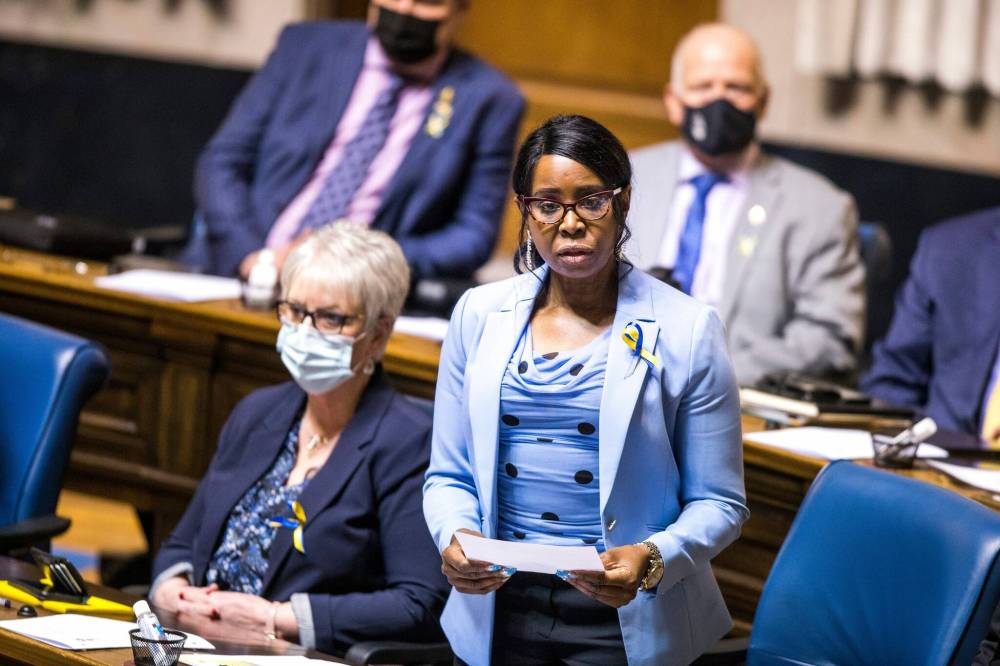
Politicians such as federal Conservative leadership candidate Pierre Poilievre, who pander the most to the so-called “freedom convoy” crowd, take it a step further. He claims all restrictions should be eliminated immediately because they have caused Canadians to lose control of their lives.
What message does this send to the public, the vast majority of whom have dutifully followed public health rules and recommendations for the better part of two years, including rolling up their sleeves to get vaccinated?
Are they to believe that by following public health measures, they contributed to a societal divide?
“Framing protections as the cause of divisiveness, and not the virus itself, sets the stage for a massive degradation of trust in public health, should the virus make a comeback,” wrote Shaw.
“At some point, we will have crossed a bridge too far, and it will be a long road back towards building that trust. I hope that we don’t reach that point.”
If those measures are now being vilified by the very politicians who implemented them, how will government officials respond should the virus overwhelm society again?
Therein lies the danger of demonizing legitimate, evidence-based public health measures that were used to control a deadly virus (which may have to be used again).
Public health restrictions were often the only tools available to control COVID-19 transmission, especially prior to the availability of vaccines. Without them, the death toll and the impact on hospitals (including cancelled surgeries) would have been catastrophic. To now characterize them as a cause of division in society is absurd.
If those measures are now being vilified by the very politicians who implemented them, how will government officials respond should the virus overwhelm society again? What tools will they use — the ones they now claim drive a stake through families and communities?
The farther politicians go in disparaging the public health measures they once supported, the more difficult it will be for them to reintroduce them should they be necessary.
tom.brodbeck@freepress.mb.ca

Tom Brodbeck
Columnist
Tom has been covering Manitoba politics since the early 1990s and joined the Winnipeg Free Press news team in 2019.
Our newsroom depends on a growing audience of readers to power our journalism. If you are not a paid reader, please consider becoming a subscriber.
Our newsroom depends on its audience of readers to power our journalism. Thank you for your support.




